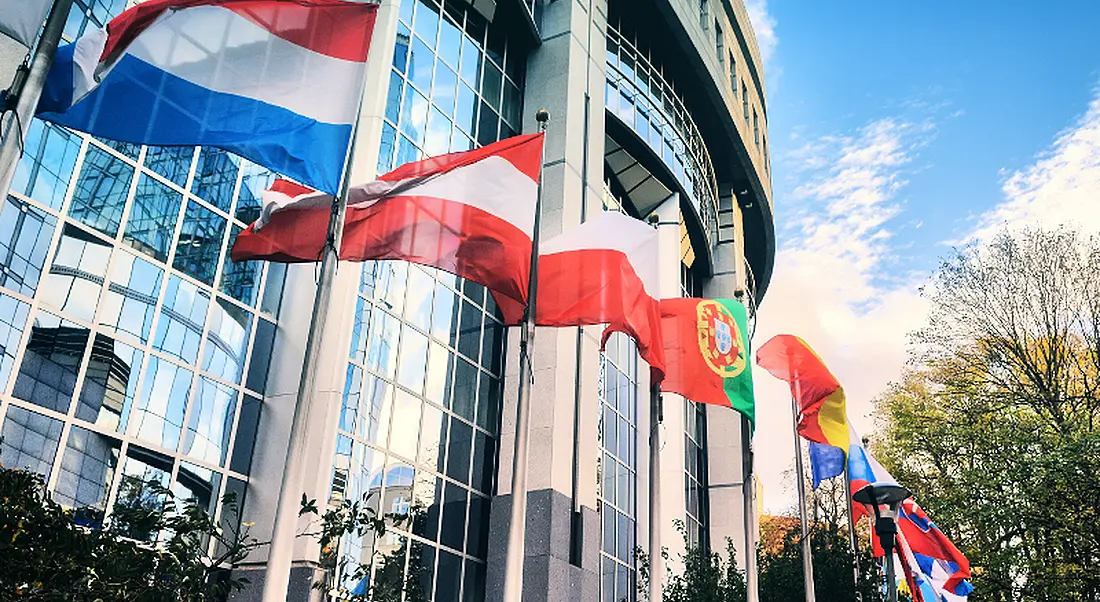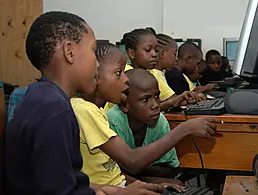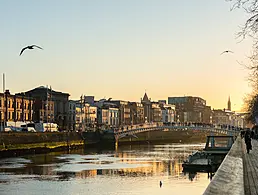The European Parliament has approved ‘harmonised’ entry and residence rules to help attract non-EU interns, volunteers, and school pupils to help increase the number of highly-skilled professionals available to employers in the EU.
It is hoped that the merging of two existing directives into a more streamlined process will help attract more skilled migrants to the EU, with certain labour gaps impossible to sustain.
Take technology and science, for example, where the fluid movement of workers is often all that is keeping major employers from leaving an EU member state. No staff? No business.
EU workers
In February, Irish SMEs called for a change to rules for workers from outside the EU. This change doesn’t exactly fit that description immediately, but it is an improvement in the longer term.
Under the new EU plan, students and researchers may stay at least nine months after finishing their studies or research – this is to encourage them to take up a job in the host nation or, even better, set up a business.
Their movement around the EU will be made easier, with one initial visa and a simple notification to the state they wish to move to being all that will be required.
A major point is that researchers – who can now move for longer periods – can bring family members to Europe, and those family members can work here too.
Improved conditions
MEP Cecilia Wikström lauded the move, which she said will “entice” highly-skilled people to the EU.
“This undoubtedly means that European universities will be able to strengthen their competitiveness in the global arena and become more attractive than ever to ambitious and highly-educated people from other countries, thanks to considerably improved conditions in the EU.”
Last December, a report emerged that said the vast majority of Irish-based IT professionals in large and small organisations are sacrificing their health and personal lives to make up for the shortfall caused by the scarcity of talent.
EU Parliament image via Shutterstock




